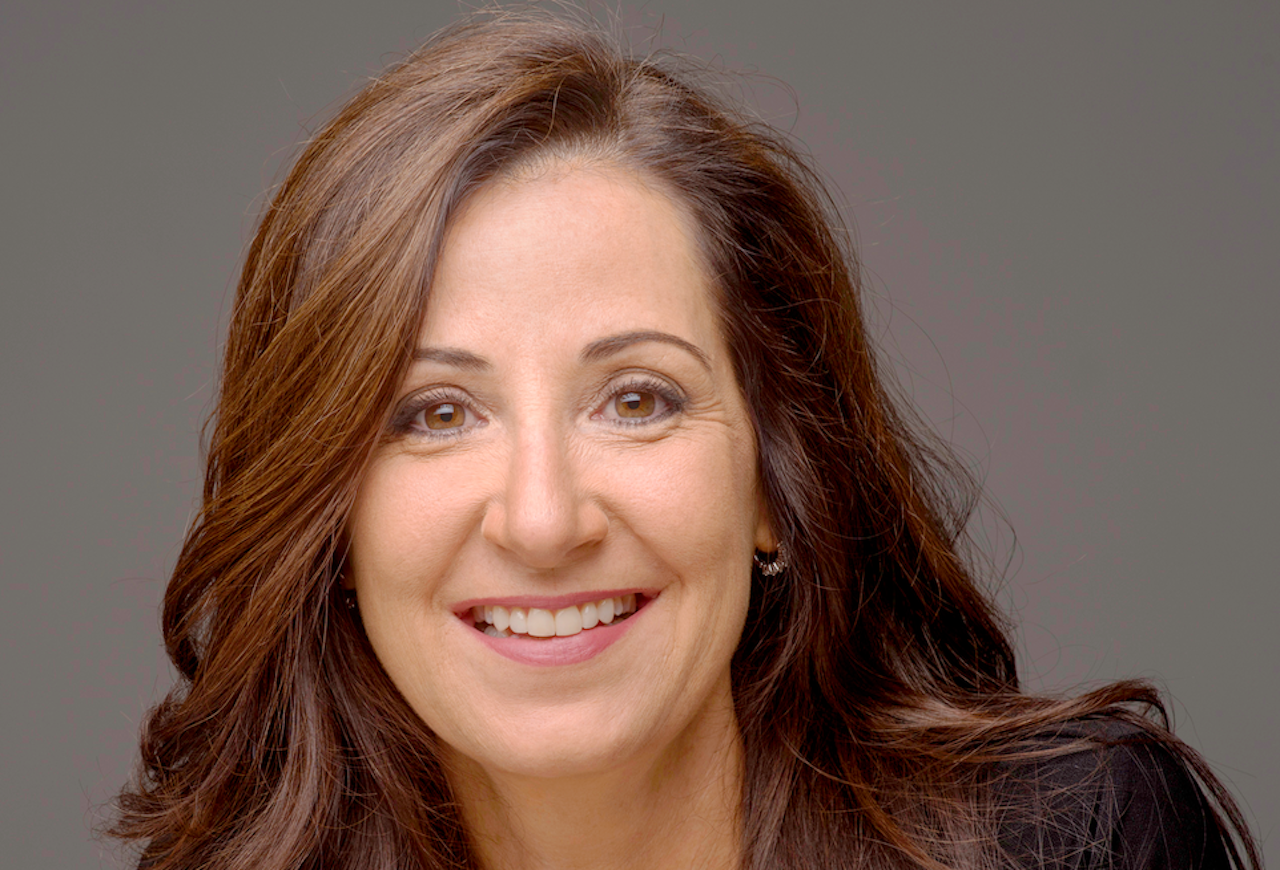The database features a record number of 163 impact fund managers this year, highlighting a growing and maturing sector. Clean tech, alternative energy and climate change are top impact themes.

ImpactAssets, a US-based impact investing firm, has today published the Impact Assets 50 2023 (IA 50) impact fund list, which in its twelfth year includes a record 163 fund managers, up from 143 in 2022.
The list provides insights into impact investment fund managers across the globe, operating in a variety of impact areas and geographies as chosen by an independent review committee of industry experts and practitioners.
The list, which includes a core IA 50 list, an IA 50 Emerging Impact Managers list, which spotlights newer fund managers to watch and an IA 50 Emeritus Impact Managers list, which recognises fund managers who have achieved IA 50 recognition for at least five years, has seen eleven new European fund managers added to its ranks this year.
These include, Paris-based Mirova, London-based Novastar Ventures, the Hague-based Cordaid Investment Management and Stockholm-based Summa Equity, which have all been added to the IA 50 core list. Seven new European fund managers have also been added to the IA 50 Emerging Impact Managers list, including, inter alia, London-based Amazonia Impact Ventures, Luxembourg-based Una Terra Venture Studio and Nithio Holdings, which has headquarters in Barcelona, as well as Nairobi and Lagos.
Private equity continues to dominate the investment focus of fund managers in the list, with 60% of listed managers primarily investing in private equity, and 32% primarily investing in private debt. Early-stage venture capital in developed markets was highlighted as the most popular category, representing 12% of all funds.
A total of 76% of IA 50 managers are targeting market rates or above market rates of return, and 98% reported delivering either in line or above their initial target returns.
A maturing and growing industry
According to ImpactAssets, more than four in ten (43%) IA 50 2023 fund managers have been managing assets for more than 10 years and the company has seen a steady increase in the number of billion-dollar funds that have been included in its database.
This, ImpactAssets says, echoes the rapid growth in impact investing to a $1.16tn industry, the estimated size of the industry according to the GIIN’s Sizing the Impact Investing Market 2022 report published in October last year.
This year, 18 managers with assets exceeding $1bn (€935m) have been included in the database, up from 15 in 2022, and a further 11 had assets under management between $500m – $1bn, up from ten in 2022.The combined assets under management for all 163 impact fund managers in the 2023 list is $122.48bn
In response to questions from Impact Investor, Margret Trilli, CEO and chief investment officer for ImpactAssets, said: “We expect the adoption of impact investing to continue to grow and mainstream further, with investments in the energy transition leading the way over the next several years.”

Trilli said access to opportunities continued to be one of the biggest challenges for investors looking to invest in impactful funds and companies. “The IA 50 was created to bridge this chasm and make opportunities more readily discoverable for investors,” she added.
Clean tech, alternative energy and climate change are top impact themes
Clean technology, alternative energy, and climate change is the the top impact theme this year for a quarter of IA 50 managers, while microfinance, low-income financial services, and micro-insurance (12%) comprised the second-largest impact focus.
The most represented UN Sustainable Development Goals cited by fund managers included SDG 8 -Decent work and economic growth (20%), SDG 13 – Climate action (17%), SDG 1 -No poverty (12%) and SDG 10- Reduced inequalities (11%).
Increasing diversity was also highlighted as important for fund managers themselves with nearly half (48%) reporting investment teams with 50% or more people of colour and 43% with teams comprised of 50% or more women. Similarly, 37% of fund managers reported 50% or more of their senior management are women, while 35% said 50% or more of their senior management are people of colour.






